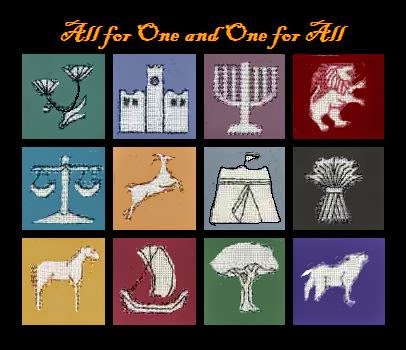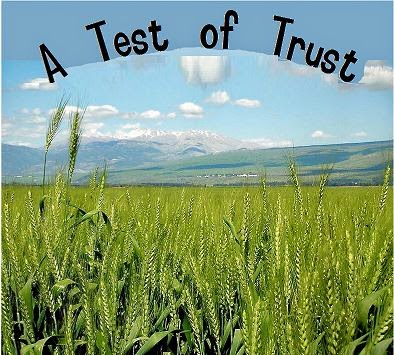Parshas Bamidbar - All for One and One for All

Thoughts on The Parsha Parshas Bamidbar All for One and One for All By: Daniel Listhaus אִישׁ עַל דִּגְלוֹ בְאֹתֹת לְבֵית אֲבֹתָם יַחֲנוּ בְּנֵי יִשְׂרָאֵל מִנֶּגֶד סָבִיב לְאֹהֶל מוֹעֵד יַחֲנוּ “ The Children of Israel shall encamp, each man at his own division (by his flag) according to the signs of their fathers' house...” -Bamidbar 2:2 The Medrash 1 states that when Hashem came to Har Sinai to give the Torah to the B'nei Yisroel , twenty-two thousand chariots of malachim ( angels) came down with Him - each with their own flag. When the Jews saw this they also had the desire to have their own flags. Hashem agreed that each shevet (tribe) should in fact each make for itself a flag. What does this mean? What did the Jews see in the flags of the malachim which caused them to want to have their own? Also, what is the significance of each shevet having its own flag? In order to answer these questions, we must first realize what a flag is. Webster translates a flag as, “ any o...
